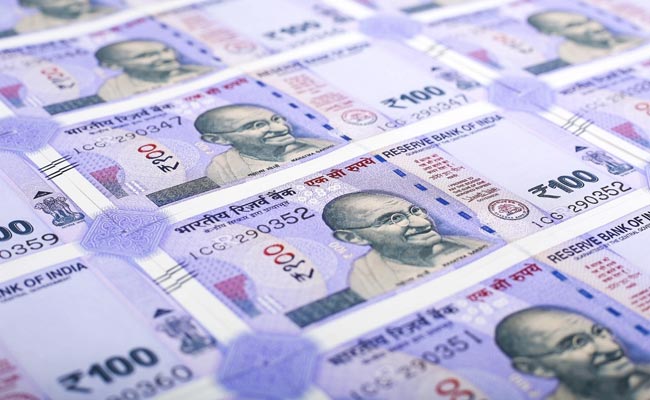
During the same period, its exports to the European Free Trade Association reached US$2.8 billion, and its imports were approximately US$22 billion.
New Delhi:
India on Sunday signed a free trade agreement with European countries including Switzerland, Norway, Iceland and Liechtenstein, pledging to lower tariffs while New Delhi will receive $100 billion in investment over the next 15 years.
India and European Free Trade Association (EFTA) member states held 21 rounds of negotiations over 16 years, ultimately reaching a broad-based trade and investment agreement.
Here are the key facts about the trade agreement:
Promote trade and investment:
India expects the deal, which follows deals with the United Arab Emirates and Australia, to boost exports of pharmaceuticals, garments, chemicals and machinery while attracting investments in the automotive, food processing, railways and financial sectors.
India is the fifth largest trading partner of the European Free Trade Association, after the European Union, the United States, the United Kingdom and China. The Indian Ministry of Trade estimates that India’s total two-way trade will reach $25 billion by 2023.
During the same period, its exports to the European Free Trade Association reached US$2.8 billion, and its imports were approximately US$22 billion.
The European Free Trade Association countries have a population of 13 million and a combined GDP of more than US$1 trillion. They are the ninth largest trader of goods and the fifth largest trader of commercial services in the world.
Swiss companies benefit from:
Swiss manufacturers of luxury goods such as machinery and watches, as well as transportation, are expected to benefit, the Swiss government said. India has invited Swiss transport companies to invest in railways.
The agreement gives EFTA countries the opportunity to export processed food and beverages, electrical machinery and other engineering products at lower tariffs to a potential market of 1.4 billion people.
The pharmaceutical and medical device industries within the EU may also benefit.
India-Switzerland relations:
India hopes the deal will improve trade ties with Switzerland, the European Free Trade Association’s largest partner. India is its fourth largest trading partner in Asia and the largest trading partner in South Asia.
More than 300 Swiss companies such as Nestlé, Holcim, Sulzer and Novartis, as well as banks such as UBS, are operating in India, while Indian IT giants TCS, Infosys and HCL are also operating in Switzerland.
Tough Negotiations:
Prime Minister Narendra Modi’s government has often criticized its predecessors for undermining domestic industry in trade deals and being slow to pursue firm commitments to boost investment.
Negotiations for a trade deal with the UK, EU and other partners have been going on for years.
Deny data exclusivity:
India earlier rejected the four countries’ request that the deal include “data exclusivity” clauses that would make it difficult for its pharmaceutical companies to produce generic versions of off-patent drugs, officials said.
India and the EFTA also agreed to largely exclude imports of “sensitive” agricultural commodities and gold from the deal.
Limitations of this protocol:
New Delhi-based think tank Global Trade Research Initiative said in a report that Switzerland’s zero-tariff policy on all industrial goods from any country, effective from January 1, will affect the interests of Indian companies.
Analysts have warned that Indian agricultural exports to Switzerland may continue to face difficulties due to complex tariffs, quality standards and approval requirements.
(Except for the headline, this story has not been edited by NDTV staff and is published from a syndicated feed.)






